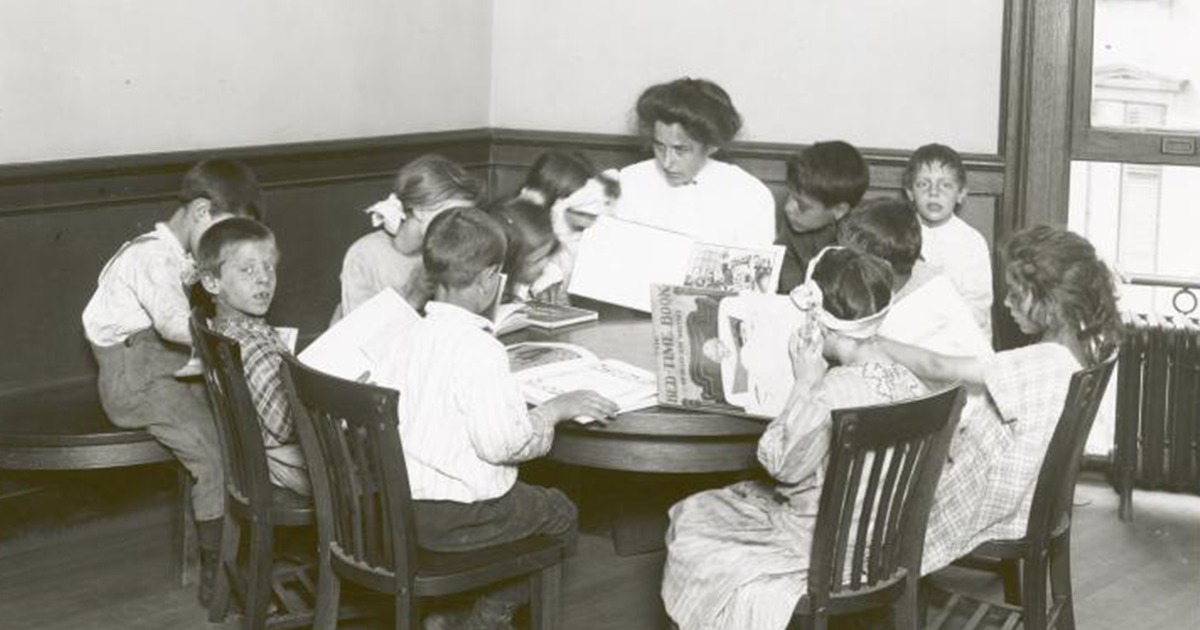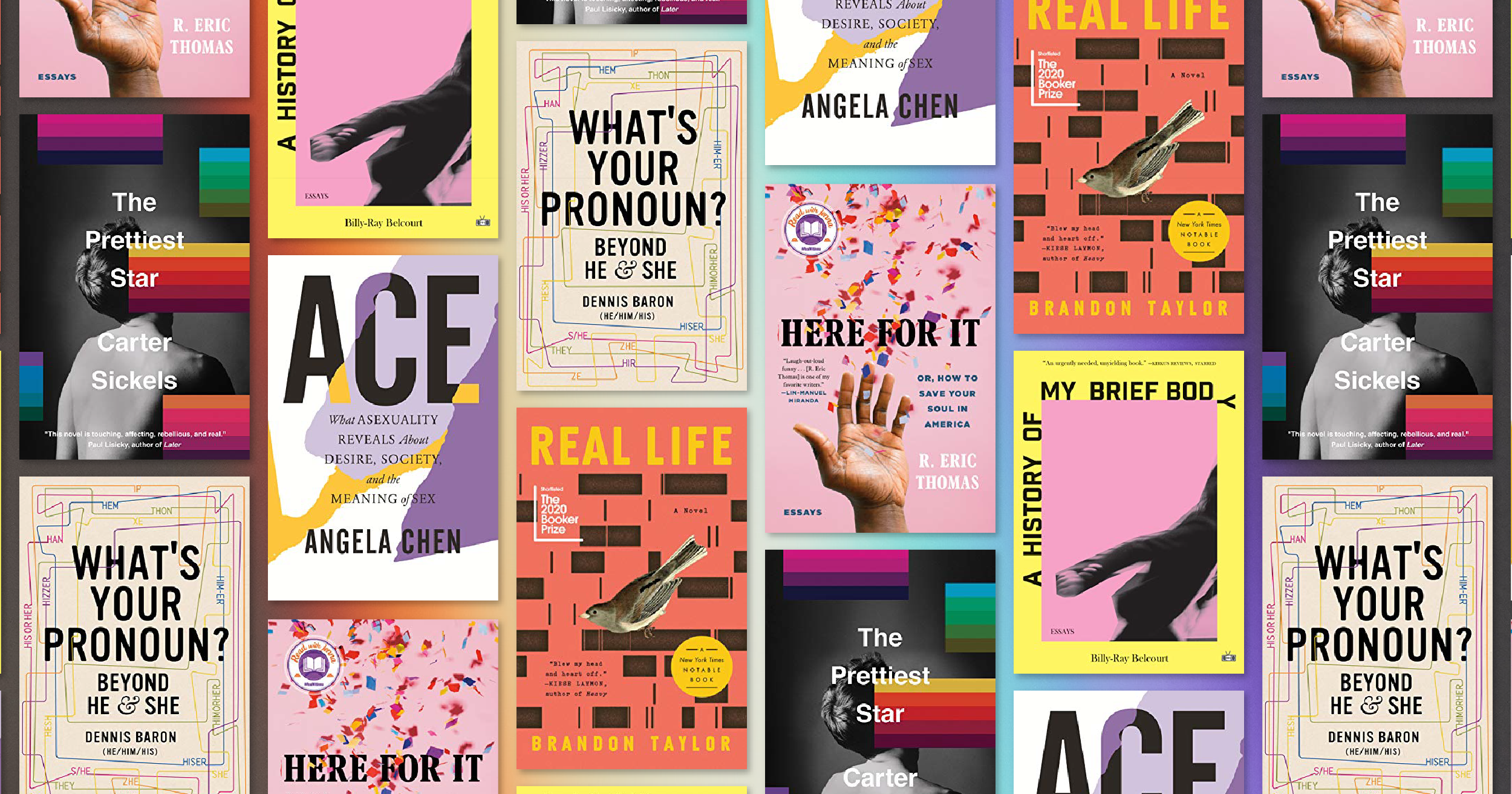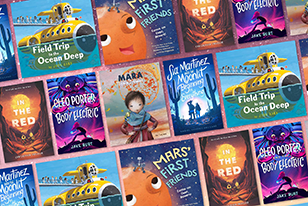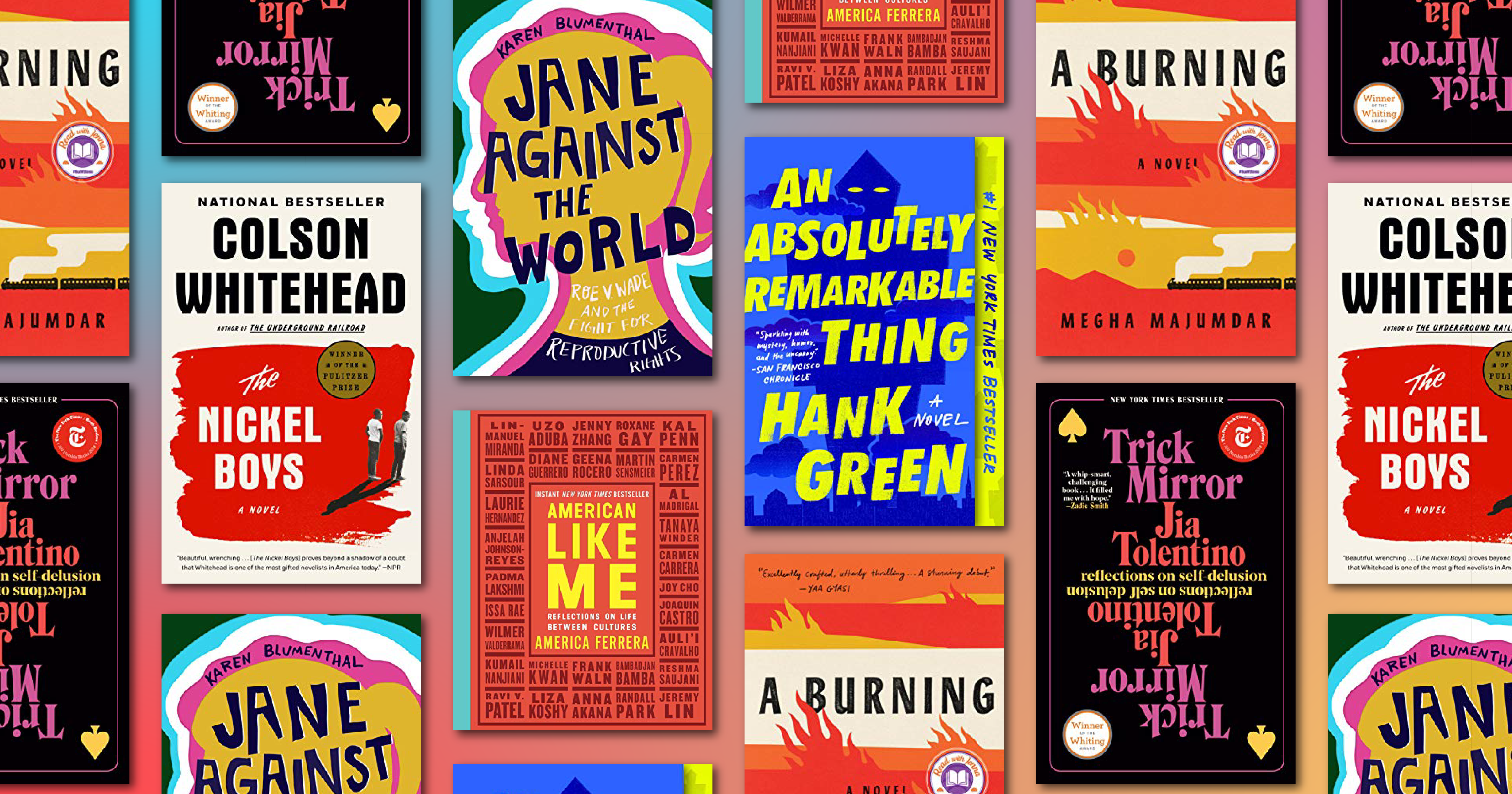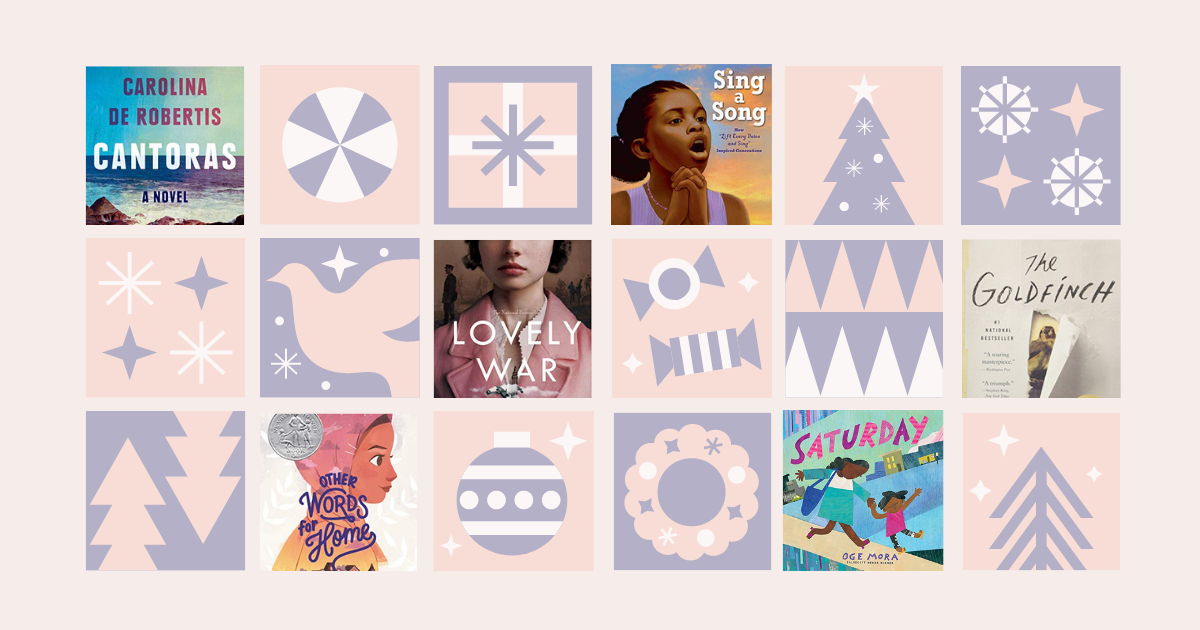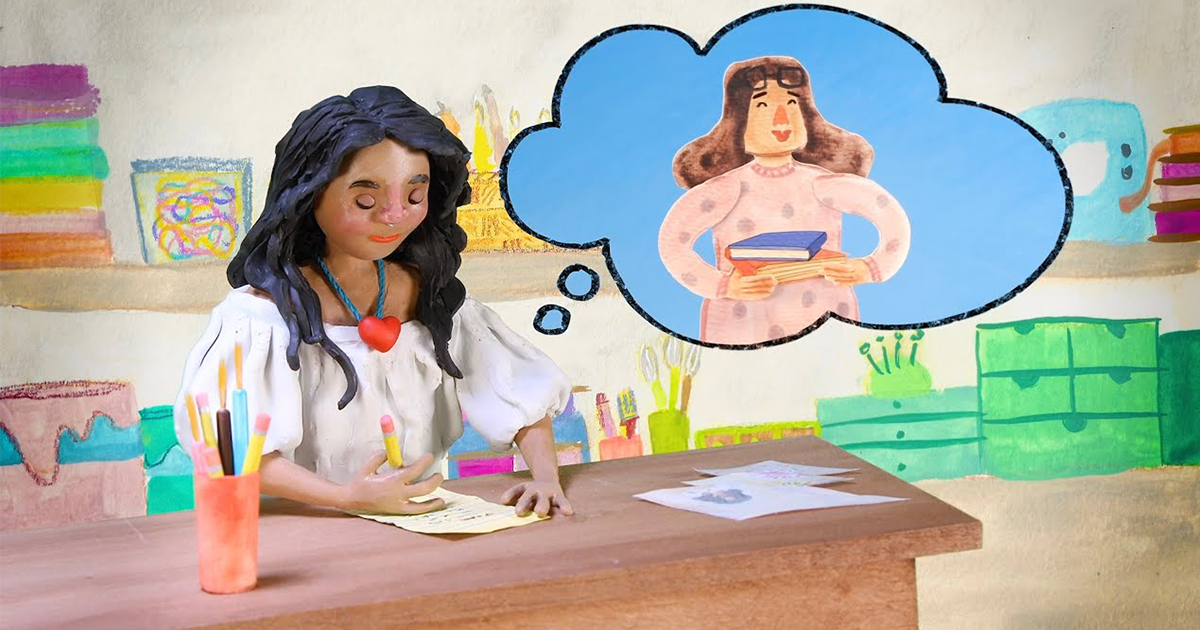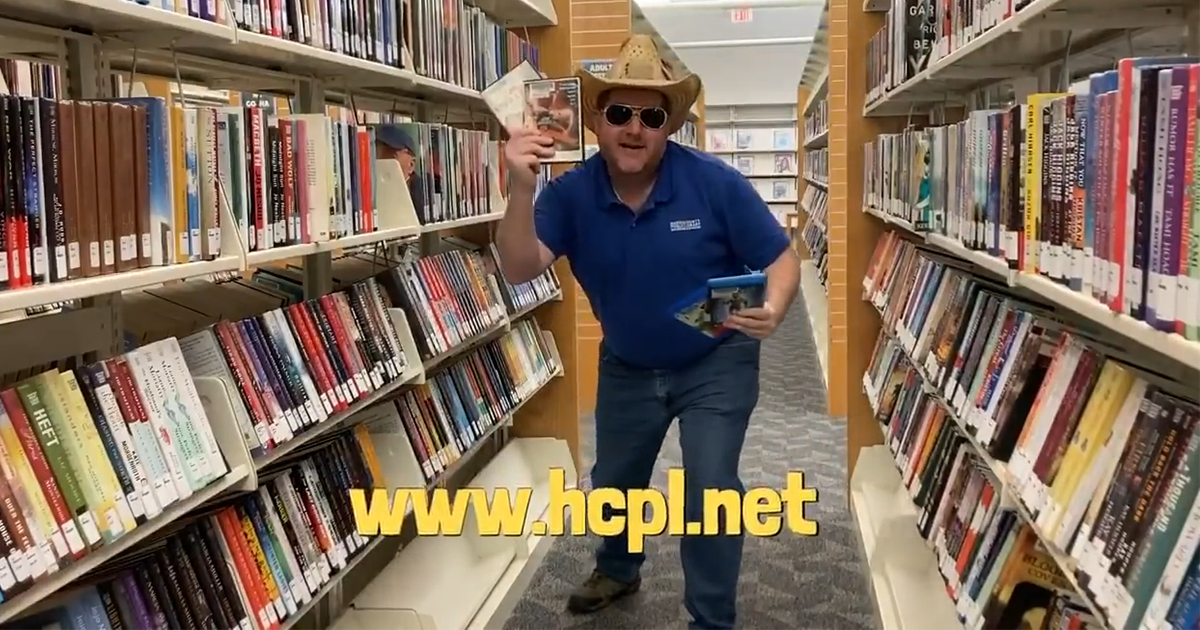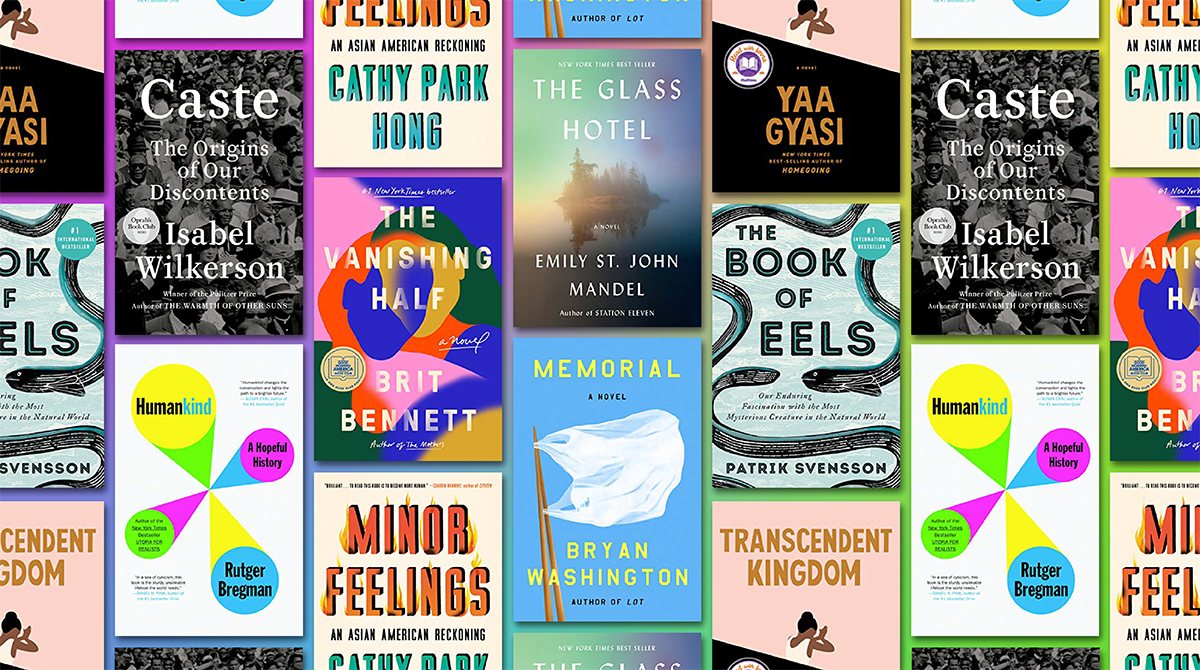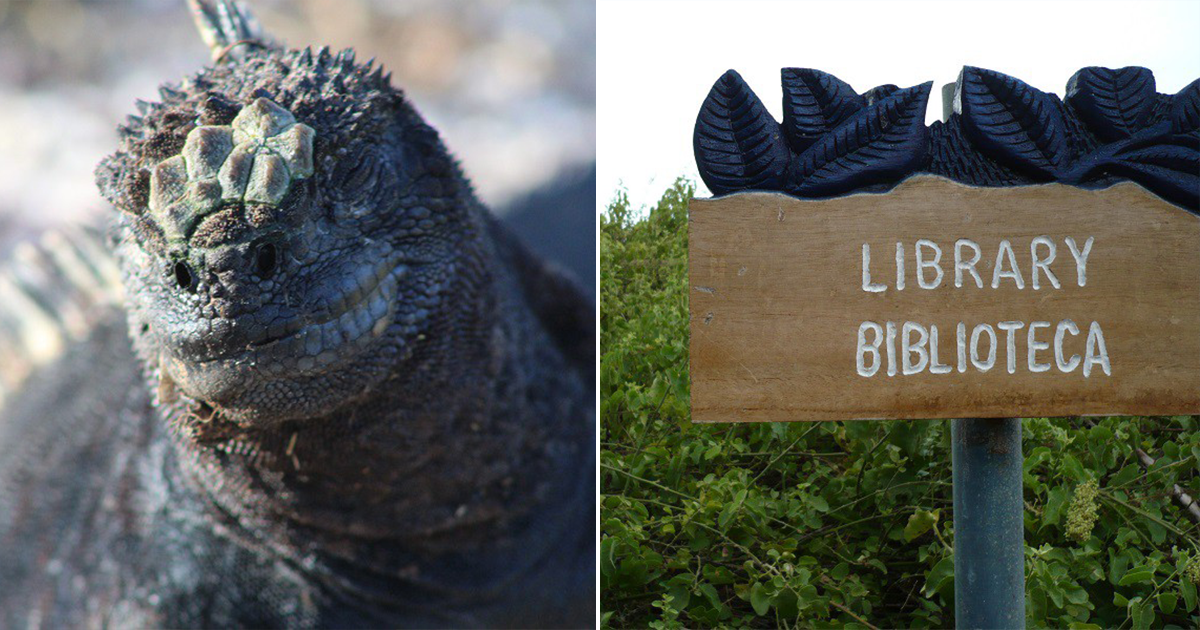Looking for great gifts for the teens in your life? The Young Adult Library Services Association (YALSA) has released their long-awaited list of Outstanding Books for the College Bound (OBCB) for this year.
Every five years, a group of public, high school, and college and university librarians come together to review countless fiction and nonfiction titles targeted toward young readers. Their picks are curated to help teens develop a deeper understanding of our diverse world, and to familiarize themselves with the variety of academic topics they’ll encounter in college.
Their 130 selections range across five subject areas: arts and humanities; history and cultures; literature and language arts; science and technology; and social sciences. Readers of all kinds can find something to enjoy among these picks, which range across genres (from science fiction to mysteries) and format (including graphic novels, poetry collections, how-to books, and celebrity memoirs).
The OBCB list reflects a vast array of topics, including hip-hop music, drag queens, internet slang, food culture, pro sports, and dinosaurs. Many also deal with challenging but important topics like mental health, racial justice, reproductive rights, gender identity, gun violence, and addiction.
These are librarians’ picks for this year:
Arts and Humanities
Go Ahead In the Rain: Notes to a Tribe Called Quest, by Hanif Abdurraquib
The Poet X, by Elizabeth Acevedo
Love, Hate & Other Filters, by Samira Ahmed
Symphony for the City of the Dead: Dmitri Shostakovich and the Siege of Leningrad, by MT Anderson
Making Comics, by Lynda Barry
Writing Hard Stories: Celebrated Memoirists Who Shaped Art from Trauma, by Melanie Brooks
Good and Cheap: Eat Well on $4/Day, by Leanne Brown
Pet, by Akwaeke Emezi
The Actor’s Life: A Survival Guide, by Jenna Fischer
You’re Welcome Universe, by Whitney Gardner
Let Me Hear a Rhyme, by Tiffany Jackson
The Life-Changing Magic of Tidying Up: The Japanese Art of Decluttering and Organizing, by Marie Kondo
Heavy: An American Memoir, by Kiese Laymon
Modesty: A Fashion Paradox, by Hafsa Lodi
You Need a Budget: The Proven System for Breaking the Paycheck to Paycheck Cycle, Getting Out of Debt, and Living the Life You Want, by Jesse Mecham
Hamilton, The Revolution, by Lin-Manuel Miranda
Burning Down the Haus: Punk Rock, Revolution and the Fall of the Berlin Wall, by Tim Mohr
Latinas: Struggles & Protests in 21st Century USA, by Iris Morales
Broken Places and Outer Spaces: Finding Creativity in the Unexpected, by Nnedi Okorafor
The Astonishing Color of After, Emily X.R. Pan
Creative Quest, by Questlove
Switched on Pop: How Popular Music Works and Why it Matters, by Nate Sloan and Charlie Harding
Fairest: A Memoir, by Meredith Talusan
The Cooking Gene: A Journey Through African American Culinary History in the Old South, by Michael Twitty
Check, Please!, by Ngozi Ukazu
Educated: A Memoir, by Tara Westover
History and Cultures
Every Drop of Blood: Hatred and Healing at Abraham Lincoln’s Second Inauguration, by Edward Achorn
God: A Human History, by Reza Aslan
Kent State: Four Dead in Ohio, by Derf Backderf
Lovely War, by Julie Berry
Kindred: A Graphic Novel Adaptation, by Octavia Butler and Damien Duffy
Parkland: Birth of a Movement, by Dave Cullen
Lifting as We Climb: Black Women’s Battle for the Ballot Box, by Evette Dionne
An Indigenous People’s History of the United States, by Roxanne Dunbar-Ortiz
Legendary Children: The First Decade of RuPaul’s Drag Race and the Last Century of Queer Life, by Tom Fitzgerald and Lorenzo Marquez
The Only Plane in the Sky: An Oral History of 9/11, by Garrett M. Graff
Barracoon: The Story of the Last “Black Cargo”, Zora Neale Hurston
Stamped from the Beginning: The Definitive History of Racist Ideas in America, Ibram X. Kendi
Say Nothing: A True Story of Murder and Memory in Northern Ireland, Patrick Radden Keefe
Darius the Great is Not Okay, by Adib Khorram
Gods of the Upper Air: How a Circle of Renegade Anthropologists Reinvented Race, Sex, and Gender in the Twentieth Century, by Charles King
March, by John Lewis
A Very Large Expanse of Sea, by Tahereh Mafi
A Burning, by Megha Majumdar
Born a Crime: Stories from a South African Childhood, by Trevor Noah
An African American and Latinx History of the United States, by Paul Ortiz
The Season: A Social History of the Debutante, by Kristen Richardson
Fountains of Silence, by Ruta Sepetys
They Called Us Enemy, by George Takei
The World Eats Here: Amazing Food and the Inspiring People Who Make It at New York’s Queens Night Market, by John Wang and Storm Garner
The Clean Body: A Modern History, by Peter Ward
Literature and Language Arts
The Handmaid’s Tale: The Graphic Novel, by Margaret Atwood
The Fire Next Time, by James Baldwin
Fun Home: A Family Tragicomic, by Alison Bechdel
The Binding, by Bridget Collins
Woman World, by Aminder Dhaliwal
Ordinary Hazards, by Nikki Grimes
Homegoing, by Yaa Gyasi
My Plain Jane, by Cynthia Hand, Jodi Meadows, and Brodi Ashton
How Long ‘Til Black Future Month?, by N.K. Jemison
All Boys Aren’t Blue: A Memoir-Manifesto, by George M. Johnson
Deaf Republic: Poems, by Ilya Kaminsky
Dig, by A.S. King
Hey, Kiddo, by Jarrett Krosoczka
Heart Berries: A Memoir, by Therese Marie Mailhot
Because Internet: Understanding the New Rules of Language, by Gretchen McCulloch
Circe, by Madeline Miller
October Mourning: A Song for Matthew Shepard, by Leslea Newman
Daemon Voices: On Stories and Storytelling, by Philip Pullman
Citizen: An American Lyric, by Claudia Rankine
Long Way Down, by Jason Reynolds
Hearts Unbroken, by Cynthia Leitich Smith
Word by Word: The Secret Life of Dictionaries, by Kory Stamper
Sadie, by Courtney Summers
The Hate U Give, by Angie Thomas
The Collected Schizophrenias: Essays, by Esme Wang
Piecing Me Together, by Renee Watson
The Nickel Boys, by Colson Whitehead
Science and Technology
The Rise and Fall of the Dinosaurs: A New History of a Lost World, by Stephen Brusatte
Bad Blood: Secrets and Lies in a Silicon Valley Startup, by John Carreyrou
Little Brother, by Cory Doctorow
Washington Black, by Esi Edugyan
Range: Why Generalists Triumph in a Specialized World, by David Epstein
Automating Inequality: How High-Tech Tools Profile, Police, and Punish the Poor, by Virginia Eubanks
League of Denial: The NFL, Concussions and the Battle for Truth, by Mark Fainaru-Wada
A Fire Story, by Brian Fies
How to Survive a Plague: The Inside Story of How Citizens and Science Tamed AIDS, by David France
As Long as Grass Grows: The Indigenous Fight for Environmental Justice, From Colonization to Standing Rock, by Dina Gilio-Whitaker
Debunk It! Fake News Edition: How to Stay Sane in a World Misinformation, by John Grant
An Absolutely Remarkable Thing, by Hank Green
Midnight in Chernobyl: The Untold Story of the World’s Greatest Nuclear Disaster, by Adam Higginbotham
Heart: A History, by Sandeep Jauhar
The Sixth Extinction: An Unnatural History, by Elizabeth Kolbert
Black Software: The Internet & Racial Justice, from the Afronet to Black Lives Matter, by Charlton D. McIlwain
Slay, by Brittney Morris
Algorithms of Oppression: How Search Engines Reinforce Racism, by Safiya Umoja Noble
Rebel Seoul, by Axie Oh
Spillover: Animal Infections and the Next Human Pandemic, by David Quamman
The Alchemy of Us: How Humans and Matter Transformed One Another, by Ainissa Ramirez
Climate Justice: Hope, Resilience, and the Fight for a Sustainable Future, by Mary Robinson
So You’ve Been Publicly Shamed, by Jon Ronson
The Golden Thread: How Fabric Changed History, Kassia St. Clair
On a Sunbeam, by Tillie Walden
Uncanny Valley, by Anna Wiener
Social Sciences
The New Jim Crow: Mass Incarceration in the Age of Colorblindness, by Michelle Alexander
Jane Against the World: Roe v. Wade and the Fight for Reproductive Rights, by Karen Blumenthal
The Unwanted: Stories of the Syrian Refugees, by Don Brown
A Heart in a Body in the World, by Deb Caletti
The Line Becomes a River: Dispatches from the Border, by Francisco Cantu
Between the World and Me, by Ta-Nehisi Coates
Eloquent Rage: A Black Feminist Discovers Her Superpower, by Brittney Cooper
Women, Race & Class, by Angela Davis
I Wish You All the Best, by Mason Deaver
American Like Me: Reflections on Life Between Cultures, by America Ferrera
I’m Not Dying with You Tonight, by Kimberly Jones and Gilly Segal
Hood Feminism: Notes from the Women That a Movement Forgot, by Mikki Kendall
How to be an Antiracist, by Ibram X. Kendi
Gender Queer: A Memoir, by Maia Kobabe
Missoula: Rape and the Justice System in a College Town, by Jon Krakauer
Dopesick: Dealers, Doctors, and the Drug Company that Addicted America, by Beth Macy
Youth Power: Your Voice and How to Use It, by Jamie Margolin
Know My Name: A Memoir, by Chanel Miller
Rising Out of Hatred: The Awakening of a Former White Nationalist, by Eli Saslow
The 57 Bus: A True Story of Two Teenagers and the Crime that Changed Their Lives, by Dashka Slater
Just Mercy: A Story of Justice and Redemption, by Bryan Stevenson
My Brother’s Husband, by Gengorah Tagame
Trick Mirror: Reflections on Self-Delusion, by Jia Tolentino
Talking to My Daughter About the Economy, Yanis Varufakis
We Speak for Ourselves: A Word from Forgotten Black America, by D. Watkins
American Street, by Ibi Zoboi
Head to the Outstanding Books for the College Bound website to learn more.
